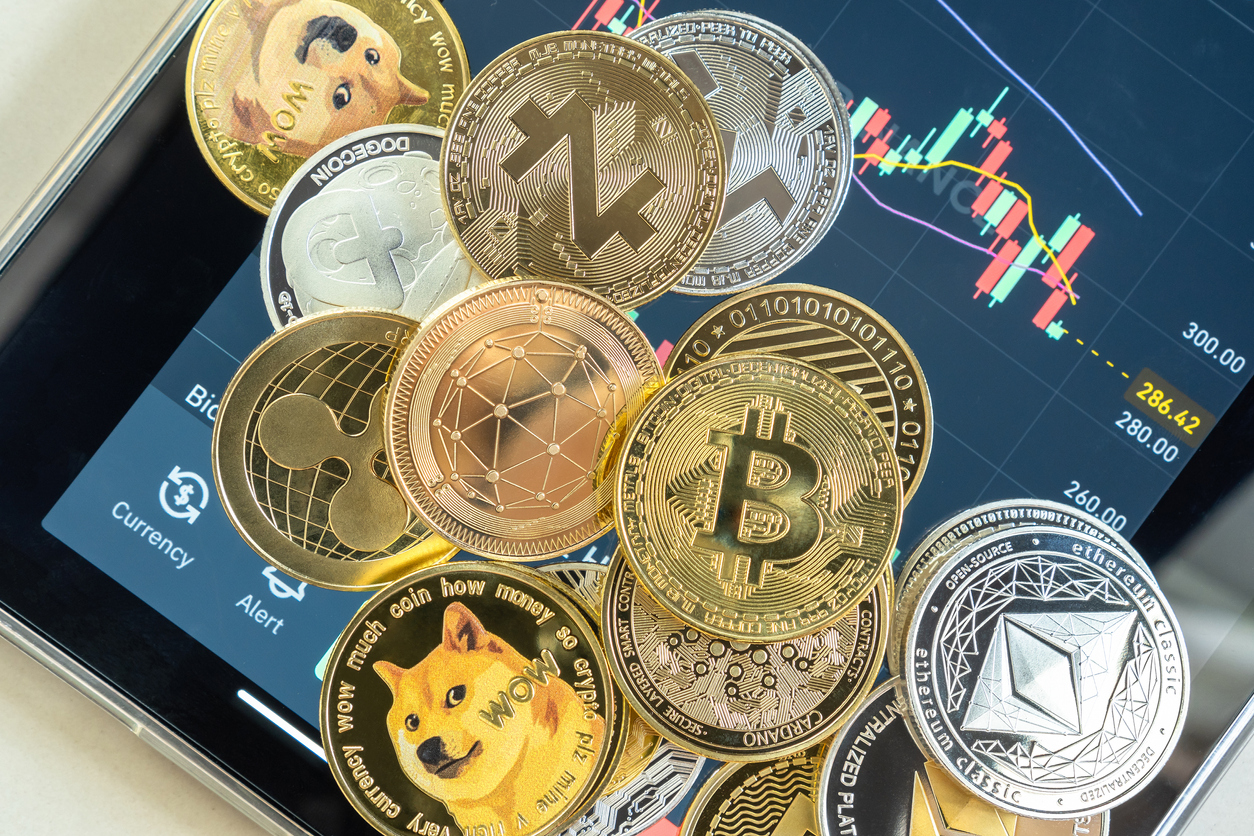![]()
Mongoose Group
The Manufactory
1 Alfred Mews
London
United Kingdom
W1T 7AA
Registered in the England and Wales.
Company No. 09527711
Popular links
- © 2024 Mongoose Ltd. All rights reserved.
- Cookies & privacy policy
- Site map
- Employee Privacy Notice

With blockchain sponsorship predicted to reach $5 billion by 2026 according to Nielson, it is clear that the sector will form a key component of a sports organisation’s sponsorship revenue stream. However, like any industry that experiences hypergrowth, greater regulation and due diligence procedures must be in place to prevent some of the disastrous partnerships we have seen over the past couple of months.
Few industries have had such a polarising effect as crypto amongst both sports fans and the general population, with good reason. These companies are agreeing vast sponsorship deals with rights holders, bringing an often much-needed injection of funds into the sport. In contrast, many fans feel these partnerships are inauthentic and untrustworthy, the very opposite of what a successful sponsorship should look like. We have seen the likes of Man City and Barcelona enter into now terminated partnerships with 3Key and Ownix after it occurred that the former’s company executives couldn’t be found in an online search and the latter’s company consultant was arrested on fraud charges. Now, this begs the question were there any basic background checks completed? It seems it is just another case of a sports organisation being more than happy for a company to become a sponsor simply because enough money has been offered.
Elsewhere, a further negative crypto trend we have seen over the past year that has led to deteriorating fan trust is the increasing number of football clubs launching their own fan tokens via namely Socios, the trading platform run by the cryptocurrency Chilliz. Socios allows each partnered club to release a certain number of tokens for their fan base to trade. On the surface, this may seem like the modern way to engage fans, upon further inspection, as with anything if there is money to be made people will take advantage. The idea is that the tokens that are traded by fans lead to higher levels of engagement, yet many will purchase tokens purely for trading purposes and thus to make money. Once more, Iqoniq, another token trading platform recently went into liquidation which left thousands of sports fans at clubs such as Wigan Warriors and Crystal Palace with tokens that were virtually worthless, furthering calls for regulation of the industry.
Whether fans like it or not crypto sponsorship in sport is a trend to stay and will continue to grow over the coming years to become one of the biggest spenders in sport. Last year, Crypto.com announced a string of sponsorship deals across various sports across the globe accumulating to a commitment well into the billions of dollars over the next decade. Elsewhere FTX and Tezos have also committed millions to F1 and football in the form of the Mercedes-AMG F1 team and Manchester United. The dominance of these crypto brands can also be evidenced by the numerous ads that were shown during halftime at the Superbowl, with these brands spending over $50 million on the ads.
On the whole, it will be important to remain critical of the crypto sponsorship landscape, yet we cannot always lay the blame on the rights holder for permitting these sponsorship deals, with many operating on a financial knife edge. Many partnerships we have seen have also been hugely impactful for the rights holder and once more robust regulation is applied, we will potentially see the transformative effect these deals can have on sport over the coming years.
Got a question, enquiry or fancy joining Team Mongoose? We’re always looking for new additions to the Mongoose burrow. Are you a hungry & motivated sales person or passionate & energetic activation specialist? We’d love to hear from you.
![]()
Mongoose Group
The Manufactory
1 Alfred Mews
London
United Kingdom
W1T 7AA
Registered in the England and Wales.
Company No. 09527711
Mmm, Cookies. We love cookies, so much so we use them on our site to help us improve our users experience. By clicking Agree you consent to our cookies. To find out more visit out Cookies Policy.
AGREE